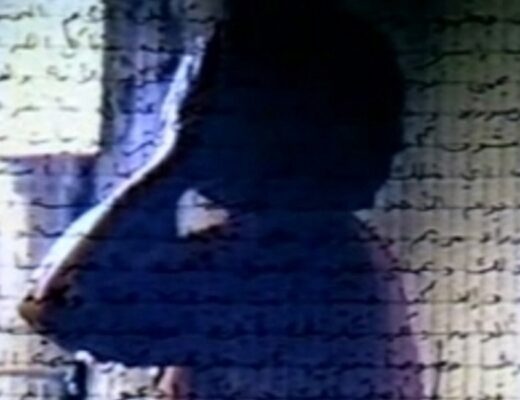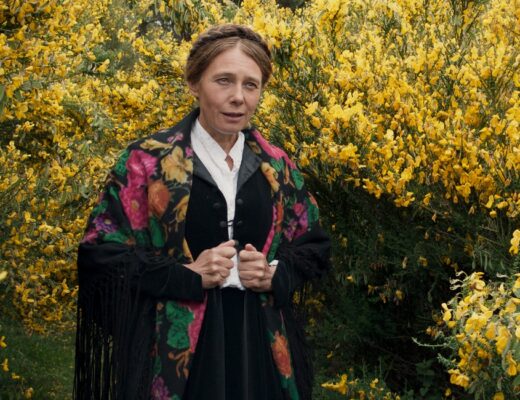The COVID pandemic kept Pietro Marcello’s Martin Eden out of U.S. cinemas (settling for a virtual-only release) in 2020, but the film’s much-hyped 2019 festival run translated into stateside celebration nevertheless, amusingly culminating in an Obama cosign. The film’s appeal is readily apparent, even if some have called into question the strength of its ideological insight — Marcello’s movie, in fact, looks like a movie, an assemblage of 35mm and 16mm footage (some of it repurposed archival) color graded for continuity and to approximate the filmic look of pre-digital cinema. It’s an aesthetic approach honed across a decade’s worth of stylized nonfiction filmmaking (Martin Eden being Marcello’s second narrative feature), and one that characterizes his latest feature, For Lucio.
This new documentary is a more restrained effort than the sprawling Eden or the daring narrative/nonfiction hybrid The Mouth of the Wolf, working out to be fairly standard music biography material with the benefit of Marcello’s cinematic stylings. The subject in question is Lucio Dalla, the multi-talented musician and performer who made music celebrating and commemorating the struggles of working-class Italians in the late ‘60s and onward, most famously collaborating with leftist poet and lyricist Roberto Roversi in the 1970s. Marcello has brought together a beautiful selection of archival interviews and concert footage for this project, often cutting in and out with a rhythm informed by Dallo’s music, drifting into images of the Italian people and locales the late artist sang of. This nimble, seemingly freeform approach to editing together the film’s pre-existing and found material keeps proceedings lively, and balances out the quieter moments spent interviewing Dalla’s long-time friend and manager Tobia. Marcello clearly feels these interviews are imperative to legitimizing his film and weighs them as heavily as his own montage work (and shoots and colors them on 35mm to match), but while Tobia (and eventually Stefano Bonaga, a childhood friend) provide essential first-hand testimony and clear-eyed appraisal of Dalla from the safety of old age, the centering of his interviews keep For Lucio in the realm of the conventional. This isn’t an entirely terrible choice for a film that clearly favors the pre-existing knowledge of its Italian audience members while still seemingly destined for some international play. And while it is a curious choice in project for Marcello right after a brush with significant public visibility, it’s one that, at the very least, indicates a singular, confident vision.
Published as part of Berlin Film Festival 2021 — Dispatch 5.







